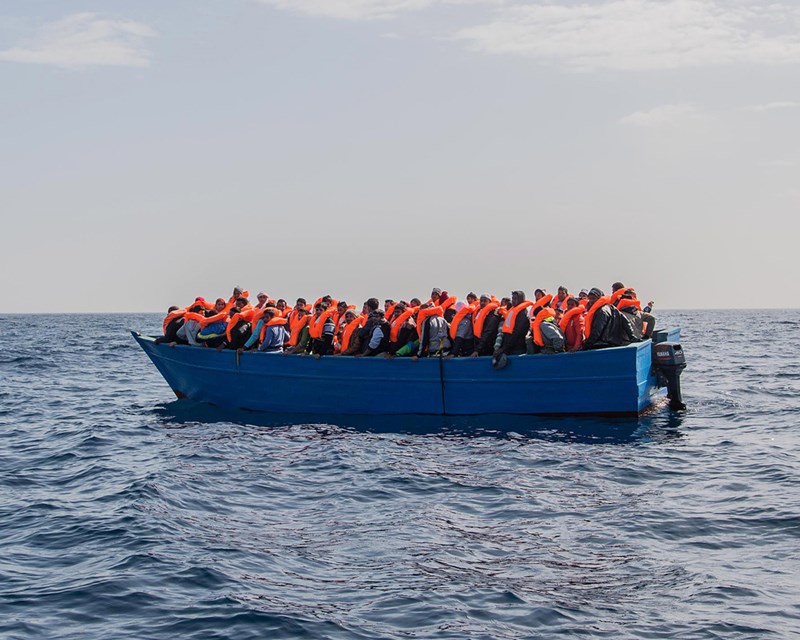In a refugee camp, stories are everything. Everyone has one, having just slipped out from the grip of a nightmare. Everyone is idle, without permission to work or run away, reckoning now with a new place in the world. Everyone is a stranger, in need of introduction. And tea is cheap. What better conditions than these to brew a pot, sit on pillows around a low table, and talk?
For two decades, our escape defined me. It dominated my personality and compelled my every decision. By college, half my life had led up to our escape and the other half was spent reliving it, in churches and retreats where my mother made it a hagiographic journey, on college applications where it was a plea, at sleepovers where it was entertainment, and in discussion groups.
Our story was a sacred thread woven into my identity. Sometimes people asked, But don’t a lot of Christians live there? or Couldn’t your mother just say she was Muslim?
It would take me a long time to get over those kinds of questions. They felt like a bad grade, like a criticism of my face and body, an unraveling of that sacred thread: I am rescued cargo; therefore, I am enchanted. I have purpose. With every good work, I repay the universe. If I didn’t have that, then I would be faceless, an ordinary person toiling for what? Soulless middle-class trifles?
I thought of how my first retelling was in an asylum office in Italy: how merciless that with the sweat and dust of escape still on our brows, we had to turn our ordeal into a good, persuasive story or risk being sent back. Then, after asylum was secured, we had to relive that story again and again, to earn our place, to calm casual skeptics. Every day of her new life, the refugee is asked to differentiate herself from the opportunist, the economic migrant.






